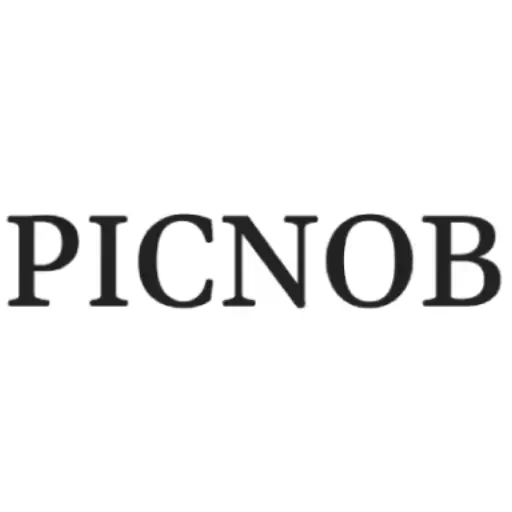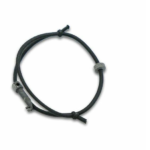
5 Benefits Of Switching From Sitecore To WordPress
Choosing the right content management system is one of the big decisions any business has to make. Moreover, while Sitecore boasts advanced features, many companies are finding WordPress more straightforward and more cost-effective. Therefore, migrating from Sitecore to WordPress can make managing your website easier and improve performance.
Table Of Content
Furthermore, the reasons WordPress is widely used include ease of use, scalability, and the availability of thousands of plugins. Additionally, while Sitecore can be expensive and difficult to manage, WordPress offers a more user-friendly solution.
So, whether you want more personalization, better performance, or even lower costs, WordPress is the best option. Also, its large developer community and support mean it is never hard to find help when needed.
Read on to learn more about the benefits of switching to WordPress from Sitecore.
1. Cost-effective and Lower Ongoing Maintenance
One of the most compelling reasons for switching from Sitecore to WordPress is that the former is highly cost-effective. This is because Sitecore is an enterprise-level powerhouse of CMS, and that comes with a significant price. Additionally, organizations often have to pay substantial licensing fees with Sitecore and ongoing maintenance and support costs. On the contrary, WordPress is open source, meaning it costs nothing to get up and running.
Therefore, compared to maintaining Sitecore, the overall cost will be much lower, with minimal upfront costs for hosting and premium themes or plugins. Besides, compared with Sitecore, much less maintenance is needed to run WordPress; thus, with WordPress, businesses can use resources more efficiently.
2. User-Friendly Interface and Easier Content Management
Another major advantage of transitioning to WordPress is its user-friendly interface, making it easy for content managers of all skill levels to navigate and use. While Sitecore is a powerhouse in itself, it isn’t all that easy to use. So, unless your team receives some kind of specialized training, navigation might be difficult. This can therefore make the process highly inefficient and really slow down the update of content on the site or any type of modification.
On the other hand, WordPress offers an intuitive dashboard option where users can create, edit, and publish content quickly. Additionally, the WYSIWYG editor also gives content owners a look into how their contribution will look at the front end, hence requiring little learning for content administration.
Thus, this user-friendly approach allows each team to learn and organize their website quickly so content can be updated rapidly and more effectively. It also will enable organizations to maintain dynamic sites, easily interact with an audience that may be facing changes head-on in an industry/market and respond to that audience.
3. Extensive Library of Plugins and Themes
When it comes to customization, WordPress is the best of the best. It has a huge library with plugins and themes for any imaginable need. You can find thousands of them, free and paid, to extend your site’s functionality and look as you want. By extension, this opens a world of possibilities to meet any business need: e-commerce integration, SEO optimization, or social media features.
Besides, Sitecore can hardly adapt to this and needs much development time. Where WordPress gives the opportunity for its master more frequently to implement, for instance, some required feature or another change without an incredibly huge amount of expertise in coding, this line of accessibility allows businesses in this segment to shape or reshape sites to meet different changes that keep them fit for competitive survival in dynamical, ever-changing Digi space.
Read also:- Top 40+ Free NSFW AI Chatbots to Try in 2025
4. Greater Flexibility and Scalability
For any growing business, the critical decisions about choosing a CMS will be flexibility and scalability. WordPress is intrinsically flexible since it lets users create everything from simple blogs and portfolios to complex e-commerce platforms and corporate sites. This makes it an ideal choice for businesses that may change or expand their offerings over time.
Furthermore, WordPress grows with your organization. As your audience grows and your needs change, expanding features, pages, or functionalities is quickly done without running into limitations you might experience with a less flexible platform like Sitecore.
So, whether dealing with more traffic, integrating new technology, or a wider breadth of content, WordPress allows you to grow with the tools provided.
5. Stronger Community Support and Resources
With millions of active users and developers, WordPress has built a great community for sharing knowledge, best practices, and troubleshooting advice. This vast network ensures users that finding answers to questions, tutorials, and connections with other professionals is relatively easy.
However, with Sitecore, the community is more limited and possibly not as easily accessible as learning resources. Furthermore, WordPress continuously releases updates and enhancements based on the active feedback of the community.
Final Thoughts
By migrating to WordPress from Sitecore, organizations can unlock many benefits with a cost-effective, easy-to-handle, and flexible CMS. Ranging from lower ongoing maintenance costs and ease of content handling to the wealth of plugins, greater flexibility, and strong community support, WordPress presents a serious case for businesses of every size.
Besides, evaluating the benefits of WordPress helps you simplify your digital strategy and identify the best way to reach your goals, thus making a well-informed decision.





